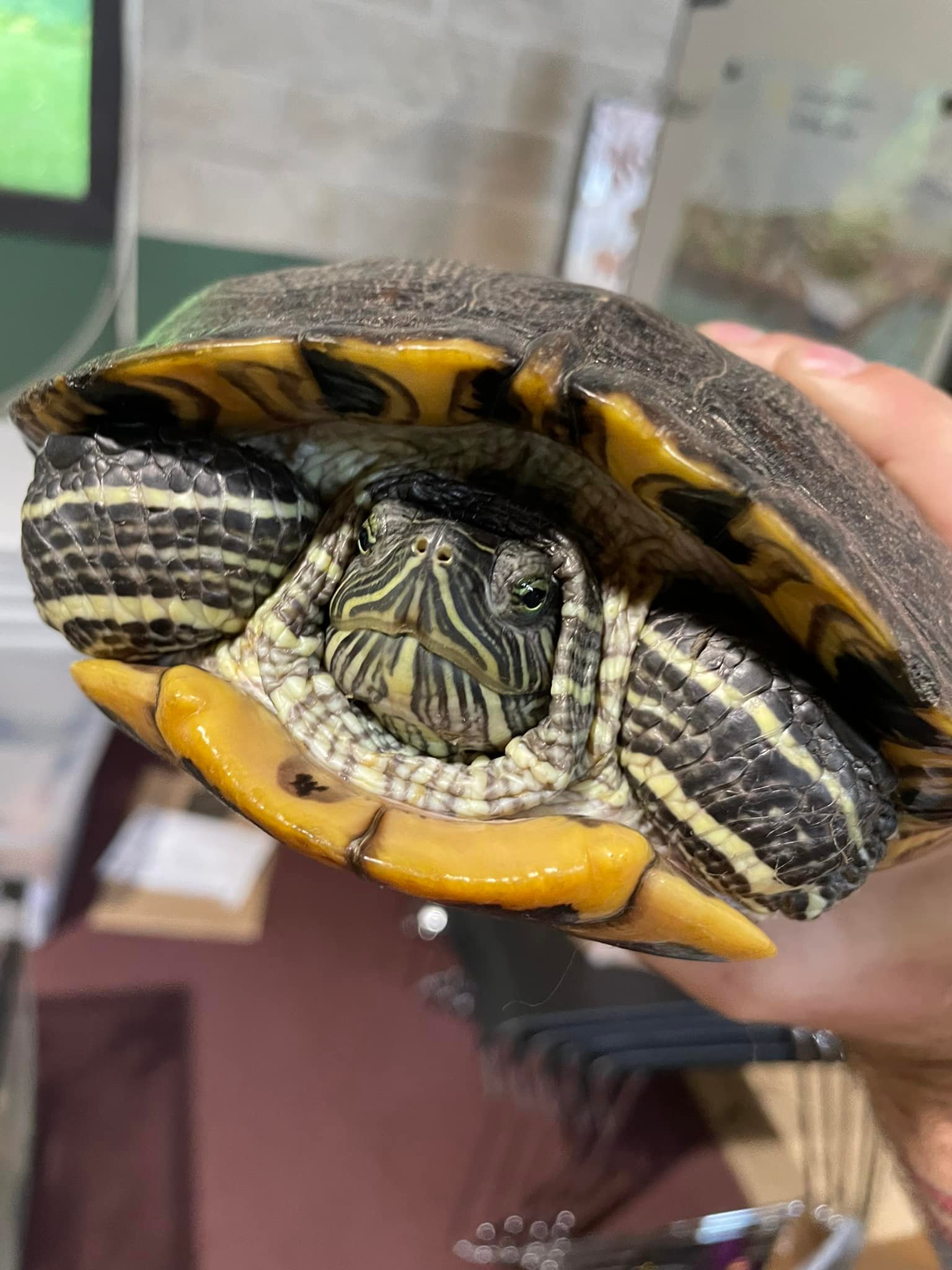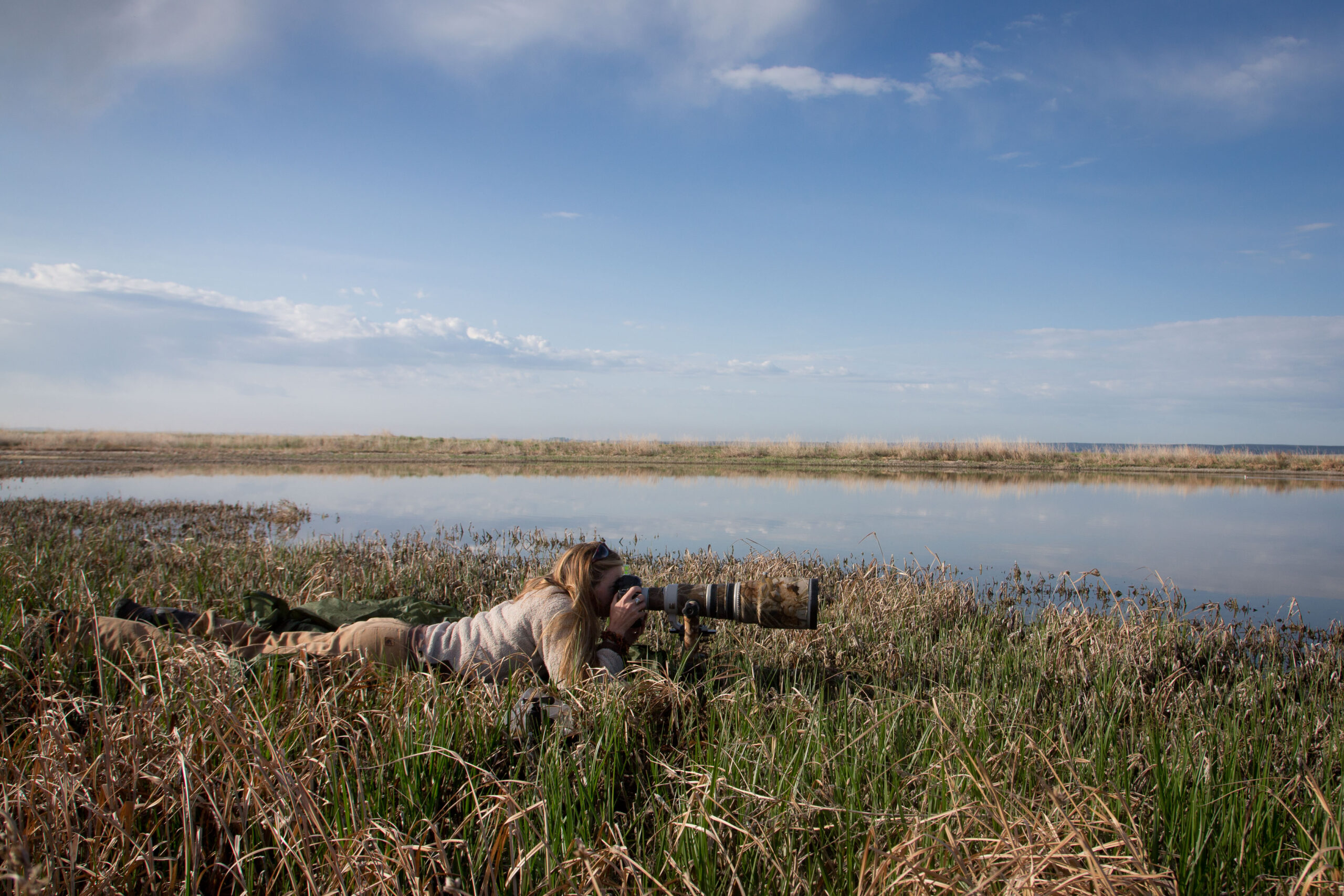Inconsistent human behaviour around animals putting wildlife at risk

A personal computer product indicates that wildlife could confront survival complications if some of the humans in the environment assistance wild animals though other folks hunt them
Daily life
16 March 2022
Feeding wild animals may give them the misleading perception that all humans will present support d3indication/Getty Illustrations or photos
Properly-which means human beings might be inadvertently placing wildlife in threat by getting sort and generous, in a planet the place not all individuals are sort and generous.
Wild animals may well immediately study irrespective of whether humans are dependable, primarily based on their very own encounters and people of their group customers. But diverse people act in different ways in direction of animals – and these “mixed messages” put animals at possibility of trusting the mistaken individuals, says Madeleine Goumas at the University of Exeter, United kingdom.
“When we feed wild animals, for instance, it feels awesome for us, and it’s a selfless matter we’re performing,” she says. “But we really do not know afterwards on if that animal is likely to wander up to anyone who’s not heading to be as appreciative.”
In contrast to other animals – specially predators – human beings exhibit commonly diverse personal behaviours to other species, states Goumas. Some people disregard or avoid wild animals some others approach, feed or even pet them and nevertheless many others go after, capture, damage or hunt them. This will make it sophisticated for animals to know how to act about people – particularly for the reason that they can benefit if they come to feel protected all around individuals when their non-human predators don’t.
Goumas and her colleagues have formulated a personal computer product to evaluate how wild animals cope with the mixed messages that human beings send out. The product enables for animals to master info about people in different methods – by mastering from observing other animals, for occasion – and at different speeds. It also lets for human populations made up of distinct mixes of pleasant or hostile persons, and presents the animals diverse capabilities to recognise and remember which humans were being which.
The model suggests that animals that study speedily no matter whether to have faith in human beings are improved equipped to survive in spots wherever individuals commonly act in the very same way – either becoming friendly or hostile to animals – claims Goumas. Transferring individuals results to the authentic planet implies, for example, that deer can consider benefit of extra grazing grounds in urban locations, wherever folks depart them by yourself or are even friendly to them. Deer living in wooded parts that are common amid hunters, meanwhile, can survive superior by speedily learning to conceal from persons.
Nevertheless, the product also suggests that rapid understanding in destinations where different men and women in the human population have unique attitudes toward wild animals can be detrimental, states Goumas. The simulated animals in these environments quickly designed conclusions about all human beings dependent on a one good or poor working experience. “We are likely to feel ‘learning immediately seems good’, and that it ought to constantly be greater,” she states. “But the problem is … it can be a little bit abnormal.”
The product indicates that becoming able of plainly recognising specific people as welcoming or hostile is not normally advantageous, says Goumas. This is since by understanding about each individual new individual separately, somewhat than generalising, she states, animals can squander important time that would be better invested both using advantage of offered means, or fleeing imminent hazard.
Not all species are able of person recognition of human beings anyway – while perfectly-this means humans often make these perilous assumptions, states Goumas.
“I’ve observed persons on social media stating, ‘Oh it’s high-quality to feed these animals, mainly because they know me, and they wouldn’t go up to other people’,” she says. “But you just never know that. It is putting them [the animals] in a incredibly vulnerable position, specially when we even now definitely do not know considerably about how animals are perceiving us.”
Journal reference: Royal Society Open up Science, DOI: 10.1098/rsos.211742
Much more on these matters:



